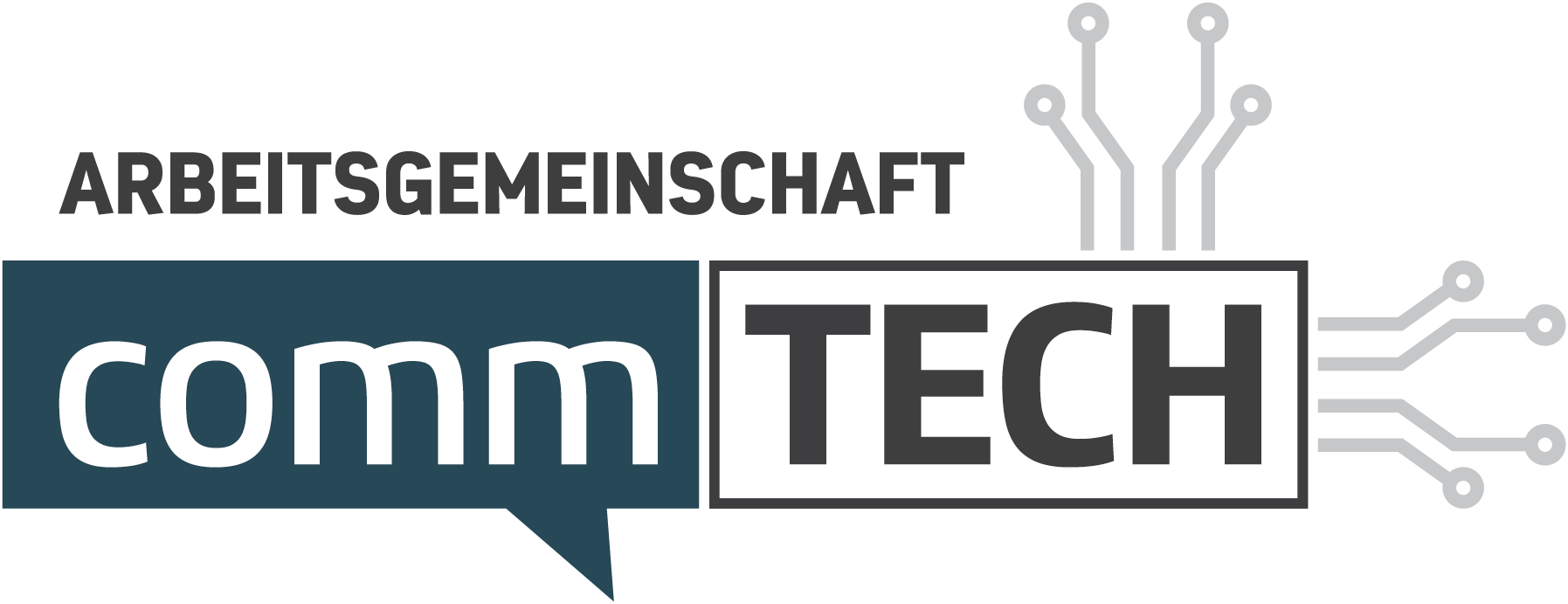- 20. October 2025
- Posted by: Reimer Stobbe
- Category: NEWS

From Reimer Stobbe

The CommTech Academy offers a wide range of seminars on CommTech topics. I myself offer two of my own seminars, each lasting four hours, which ideally complement each other:
- For a basic understanding of communication controlling and impact measurement, the seminar “Managing the success of communication” is indispensable. Of course, it’s not called performance measurement, because that’s not enough: it’s about management, about controlling.
- The second seminar “Managing communication strategically” introduces integrated stakeholder management and demonstrates the use of “Goal House”, “Strategic House” and other tools that help to make communication effective in a strategic role for the company. This also includes reputation management. It also deals with the internal management of the “Corporate Communications Business Unit” using business management tools.
A third module in the seminar series is offered in close coordination with Patrik Götz. This will focus on a deep dive into the use of data and databases as a “single source of truth” for reporting and management.
All seminars are offered with two to three dates per semester. Whether there is still a free place or, conversely, whether there are enough registrations is beyond the control of the person who wants to register. If they wish to register with another employee from their organization, or several, then it may be difficult to arrange a date.
All Academy seminars can also be booked exclusively for your own organization/company. This has a number of advantages. The Academy management, Thomas Mickeleit and Christof Schmid, offer advice on which seminar is best suited to the needs of the company.
If employees in a communications department sign up for seminars with different providers from time to time, each offering their own methodology, the effect quickly fizzles out. What has been learned is not shared knowledge – there is no exchange of methodologies. An in-house seminar, on the other hand, ensures that everyone involved in their respective role in the communication process comes away from the seminar with the same knowledge and the same methodological focus. Ideally, what has been learned is then discussed further and deepened in the workplace. On this common basis, change can be initiated and company-specific, data-driven communication controlling can be built up step by step – an internal exchange on the common method and the right path is possible at any time. For example, the “Success management” seminar makes the industry standard of the DPRG/ICV impact levels (with Barcelona Principles) directly applicable in the company. From practice for practice.
All seminars include practical exercises in group work. In-house seminars offer the opportunity to work on specific cases. The groups then also bring together employees who will later work together in the process but are not in the same team. This means that the practical case from the group work immediately becomes the starting point for project work in the company after the seminar. The group of participants can therefore be organized in such a way that the seminar itself has an integrating effect internally. Because good success management can never succeed with silos. Not strategically and not even with cross-channel campaigns.
At the same time, confidential questions can also be addressed in the seminar – after all, everything remains internal. We talk about the specific stakeholders in the target house or make a company-specific activity measurable with a KPI chain in the impact level-channel matrix.
There was a nice success story with an in-house seminar in which the current company anniversary served as a concrete example of how the methodology is applied in strategic history communication. (see here Krebber/Stobbe, Communicating corporate history. Differentiate brands – strengthen identity – measure success. Wiesbaden 2024)
Ultimately, there are still very specific advantages:
- The seminar is cheaper as an in-house package per participant than if booked individually.
- It will certainly take place at an individually agreed date – if necessary also in presence and not only online.
Do we see ourselves in the seminar? In the company?

